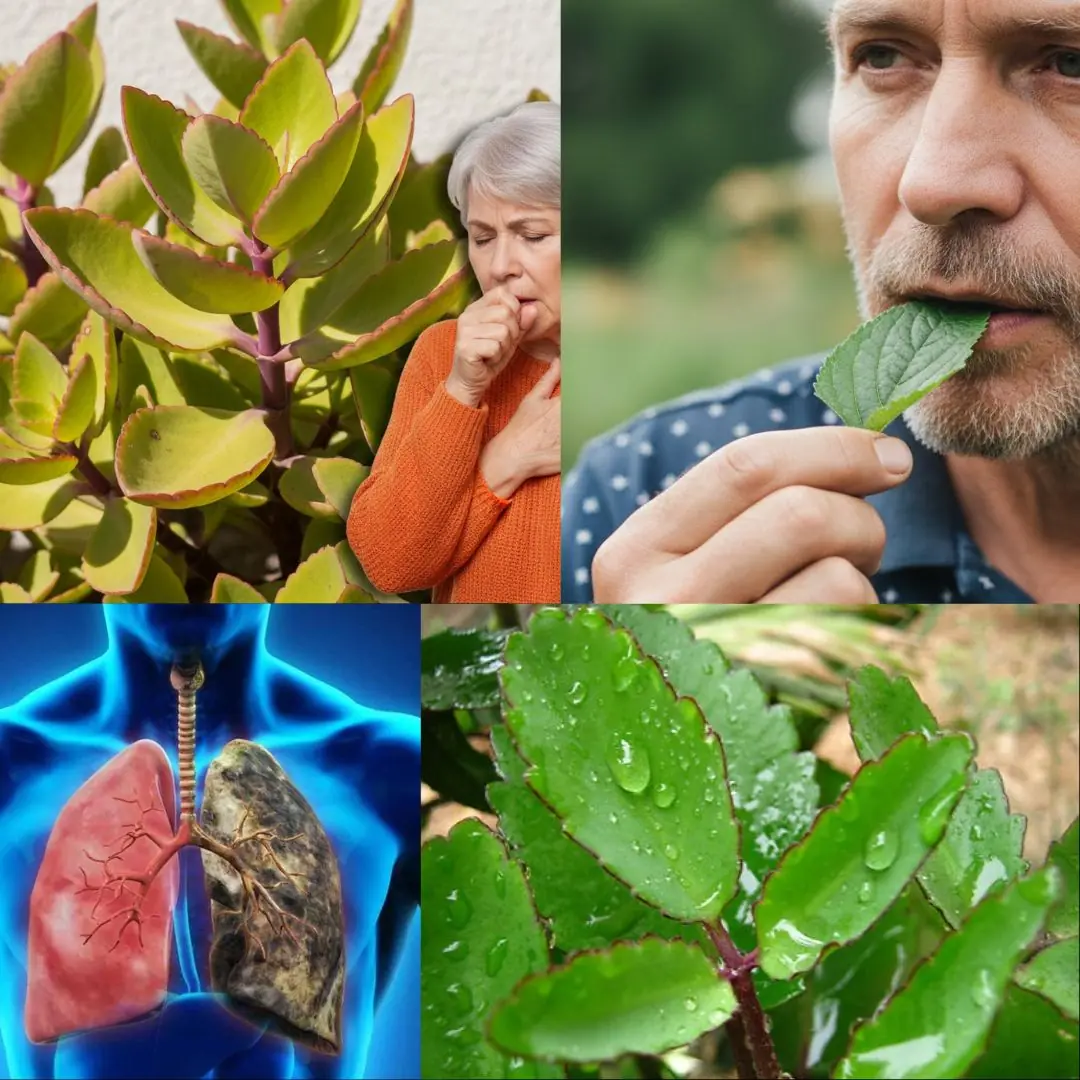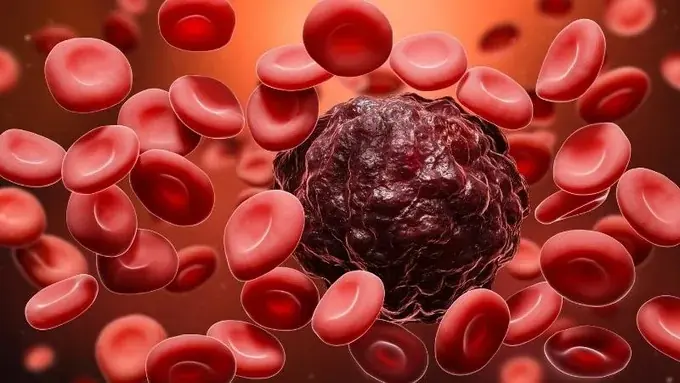
Each Tooth Is Associated With An Organ In The Body – Pain In Each Tooth Can Predict Problems In Certain Organs
In acupuncture and traditional Chinese medicine, practitioners use a tooth meridian chart to guide diagnosis and treatment. According to this approach, every tooth is energetically connected to a specific organ or system in the body through pathways known as meridians. This means that discomfort or pain in a certain tooth may signal an imbalance or disturbance in the corresponding body part.
For example, the lower central and lateral incisors are linked to the adrenal glands. Sensitivity or pain in these teeth may indicate adrenal fatigue or hormonal imbalance. By understanding this relationship, practitioners can use the mouth as a diagnostic map for deeper internal issues.
Meridians and Teeth
Each tooth corresponds to one or more organs, tissues, and energy systems. Traditional Chinese medicine views the body as an interconnected web where energy, or chi, flows in two directions. As a result, the relationship between your teeth and body is bidirectional—an unhealthy tooth may reflect a distant organ problem, while an organ imbalance can also affect a tooth.
For instance, a root canal in your second bicuspid (tooth #4) may influence the breast or lung tissue connected to its meridian. Likewise, recurring pain in a seemingly healthy tooth might signal dysfunction in a connected organ rather than a local dental issue.
Interestingly, some people experience “phantom pain” in a tooth that has already been extracted. Because there’s no longer a physical tooth to cause the sensation, this lingering pain could be energetic feedback from the organ or tissue that once shared its meridian pathway. This phenomenon offers one of the most striking examples of how teeth are integrated into the body’s energy system.
What Studies Are Saying
Modern research increasingly supports the idea that oral health and systemic health are deeply connected.
A 2009 paper published in Dental Aegis introduced a new paradigm called “teeth as sensory organs.” Scientists found that mechanoreceptors in the teeth activate neural processes when we chew. These tiny sensors help control bite force, chewing speed, and pressure, sending constant feedback to the brain. The tooth pulp, once thought to be inert, actually contains these mechanoreceptive fibers that communicate vital sensory information throughout the nervous system (1).
“Mechanoreception is the unconscious sensing or conscious perception of touch or mechanical displacement arising from stimuli outside the body. Mechanoreceptors are sensory end organs that respond to mechanical stimuli such as tension, pressure, or vibration.”
This means our teeth are not passive structures; they actively participate in neural communication, influencing the brain and potentially other biological processes.
Further evidence comes from a Finnish genetic study, which identified the genes responsible for tooth development. Surprisingly, many of these genes also regulate the formation of major organs. Researchers discovered that abnormalities in tooth development can signal a higher risk of organ dysfunction or even cancer later in life (2).
Additionally, some studies have linked bacteria in dental pulp to the development of breast cancer. Chronic oral infections, including untreated cavities and gum disease, have been connected to cardiovascular disease, stroke, diabetes, and erectile dysfunction (3). This growing body of evidence highlights the mouth as a mirror of the body’s overall health.
An Easy-to-Understand Tooth Meridian Chart
Because each tooth is energetically linked to an organ or body system, tooth pain can sometimes be a clue to deeper health issues. While a toothache often results from cavities, decay, or infection, persistent or unexplained pain may warrant looking at the associated meridian.
Here are a few key meridian connections:
-
Incisors and canines: Connected to the kidney, liver, and gallbladder meridians.
-
Bicuspids and molars: Linked to the stomach and large intestine meridians.
-
Wisdom teeth: Associated with the heart, liver, and central nervous system.
Pain in specific teeth can sometimes correspond to specific conditions:
-
Upper and lower incisors: May indicate kidney, bladder, or ear infections; can also signal lymphatic or reproductive issues.
-
Molars: Associated with anemia, stomach or intestinal ulcers, chronic gastritis, hemorrhoids, bladder infections, and even rheumatism or pancreatitis.
-
Wisdom teeth: May reflect issues in the heart, liver, or intestines, or symptoms like high blood pressure, eczema, headaches, and joint pain.
Specific Tooth-Illness Relationships
Let’s look closer at a few detailed examples of how tooth pain may reflect systemic imbalance:
-
First incisor pain – Can indicate prostate or tonsil infection.
-
Chronic canine pain – May signal inflammation of the liver or gallbladder (hepatitis or cholecystitis).
-
Bicuspid (premolar) pain – Could result from allergic reactions, intestinal flora imbalance (dysbacteriosis), pneumonia, or colitis.
-
Fourth tooth pain (top or bottom) – Often connected to joint pain, arthritis, or lung and large intestine dysfunction.
-
Lower canine pain – Linked to circulatory system issues such as atherosclerosis or lung weakness.
-
Lower molar pain – May point to varicose veins, colon polyps, or chronic respiratory illnesses like bronchitis or asthma.
It’s important to note that these are potential energetic correlations, not definitive medical diagnoses. Persistent or severe tooth pain should always be evaluated by a dentist, but understanding meridians can offer valuable insight into the body’s interconnected systems.
Holistic Dentistry and a Whole-Body Approach
As holistic health grows in popularity, dentistry has begun to embrace a more integrated approach to oral care. Known as biological dentistry, this movement sees the mouth not as an isolated structure, but as part of the body’s intricate biological network.
The International Academy of Oral Medicine and Toxicology defines biological dentistry as:
“Always seek the safest, least toxic way to accomplish the mission of treatment—all the goals of modern dentistry—while treading as lightly as possible on the patient’s biological terrain.”
In practice, this means choosing biocompatible materials, avoiding unnecessary chemical exposure, and considering how dental procedures may affect the entire body. Holistic dentists may also collaborate with acupuncturists, naturopaths, or functional medicine doctors to provide a comprehensive and preventive approach to oral and systemic health.
Understanding how teeth are connected to body meridians can empower you to take a more active role in your wellness. The next time you experience recurring tooth discomfort, it might be worth exploring not only your mouth—but also what your body is trying to communicate through it.
Final Thoughts
The ancient wisdom of meridian theory and the latest scientific findings both point toward the same conclusion: your teeth are deeply integrated into your overall health. They act as sensory organs, diagnostic markers, and energetic pathways that reflect the condition of your internal systems.
Whether you choose to consult a holistic dentist, explore acupuncture, or simply pay more attention to oral hygiene, understanding this connection allows for a more balanced, preventive, and whole-body approach to health.
News in the same category

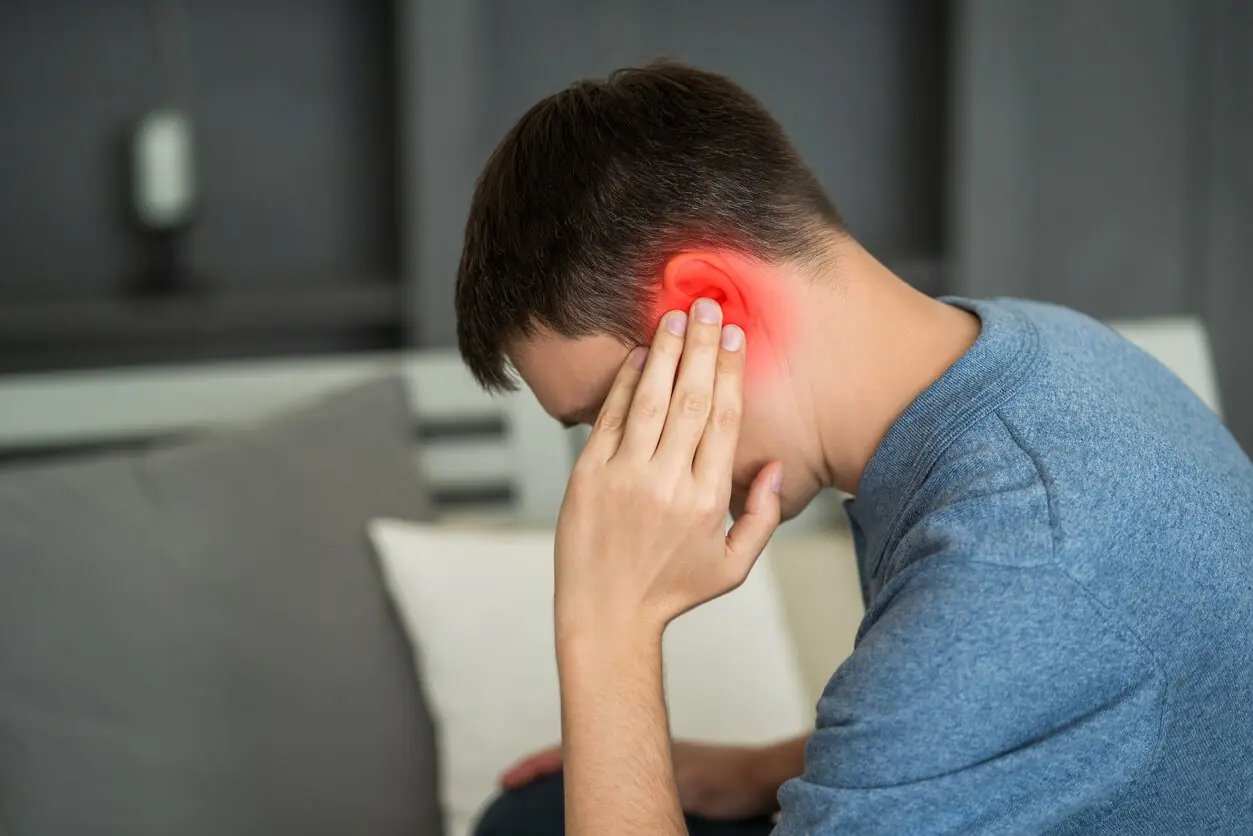
Sharp Pain in Ear: Causes, Treatments and When to See a Doctor
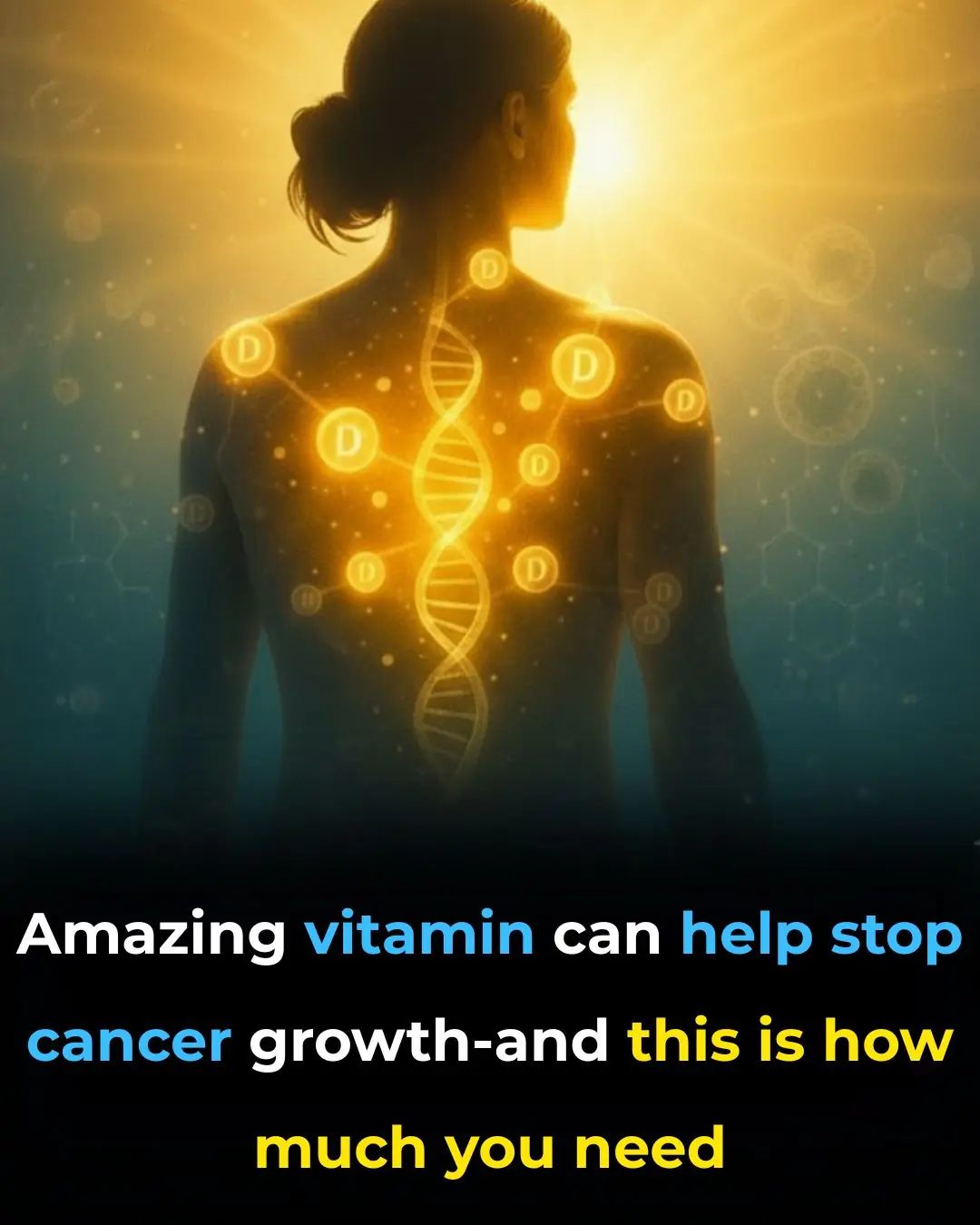
Amazing vitamin can help stop cancer growth and this is how much you need
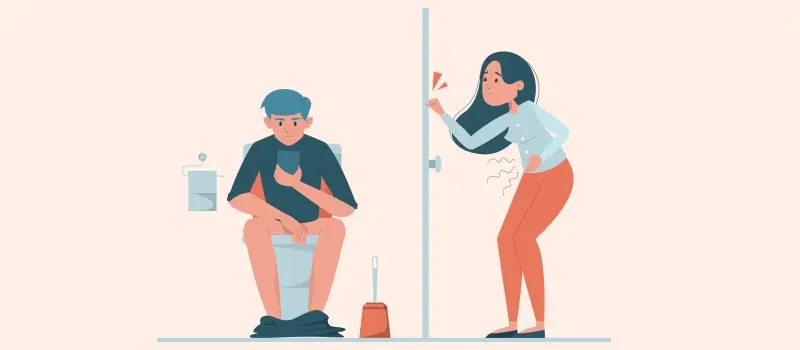
THE BEST HOME REMEDIES THAT END CONSTIPATION FAST AND NATURALLY

Say Goodbye to Diabetes, Fatty Liver, and Joint Pain with This Powerful Remedy!
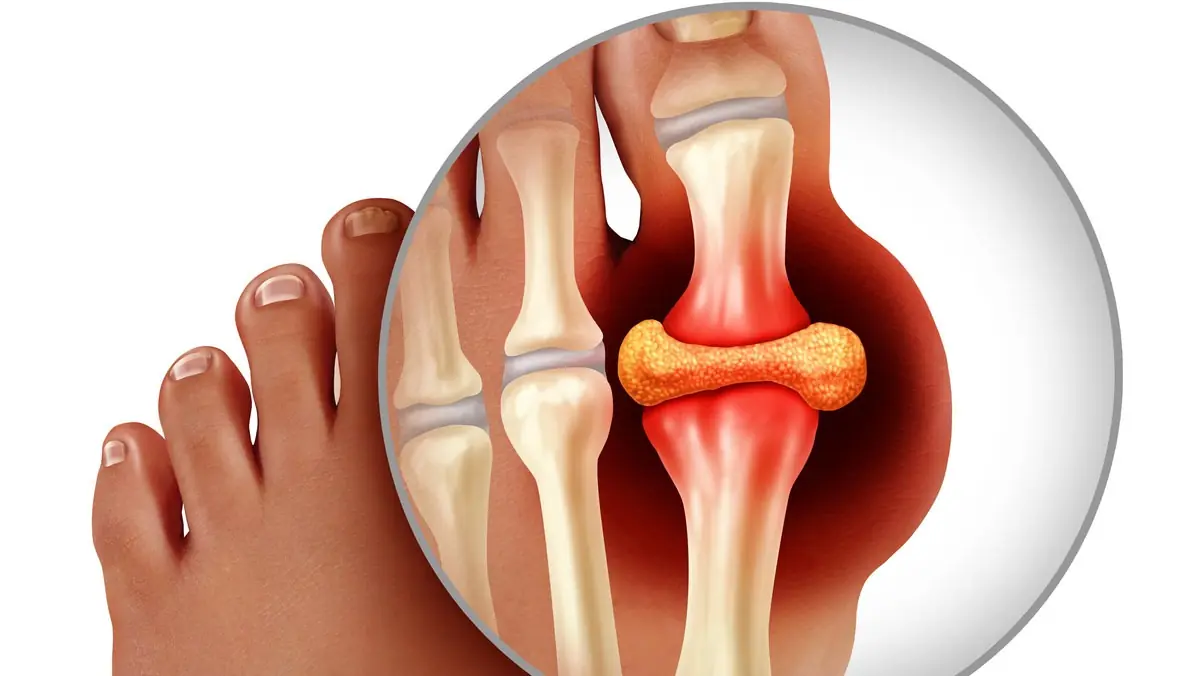
HIGH URIC ACID? SEE THE WARNING SIGNS & RELIEF TIPS

Prepare ginger this way to prevent cancer, reduce cholesterol and lower blood sugar levels!
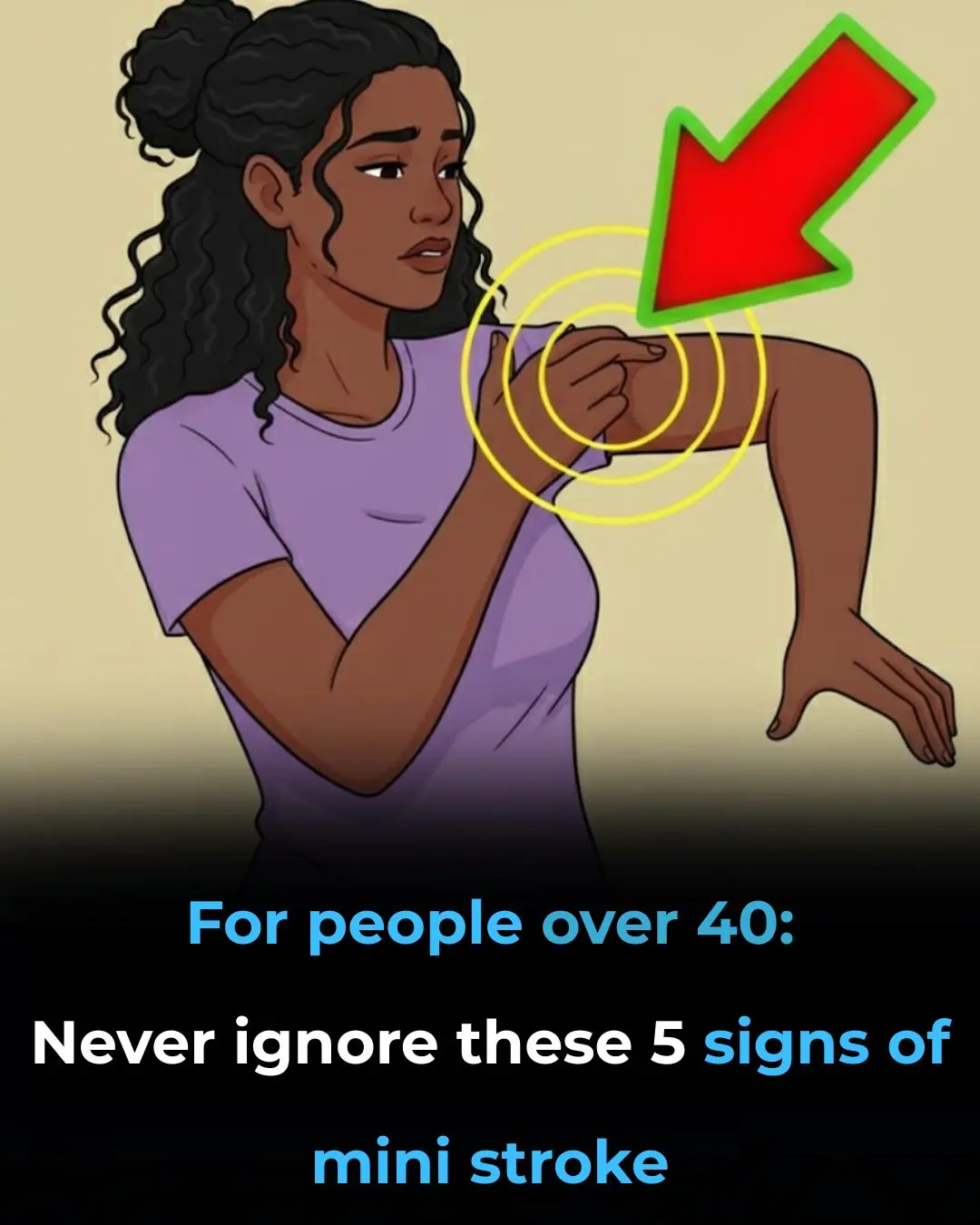
Mini Stroke in People Over 40
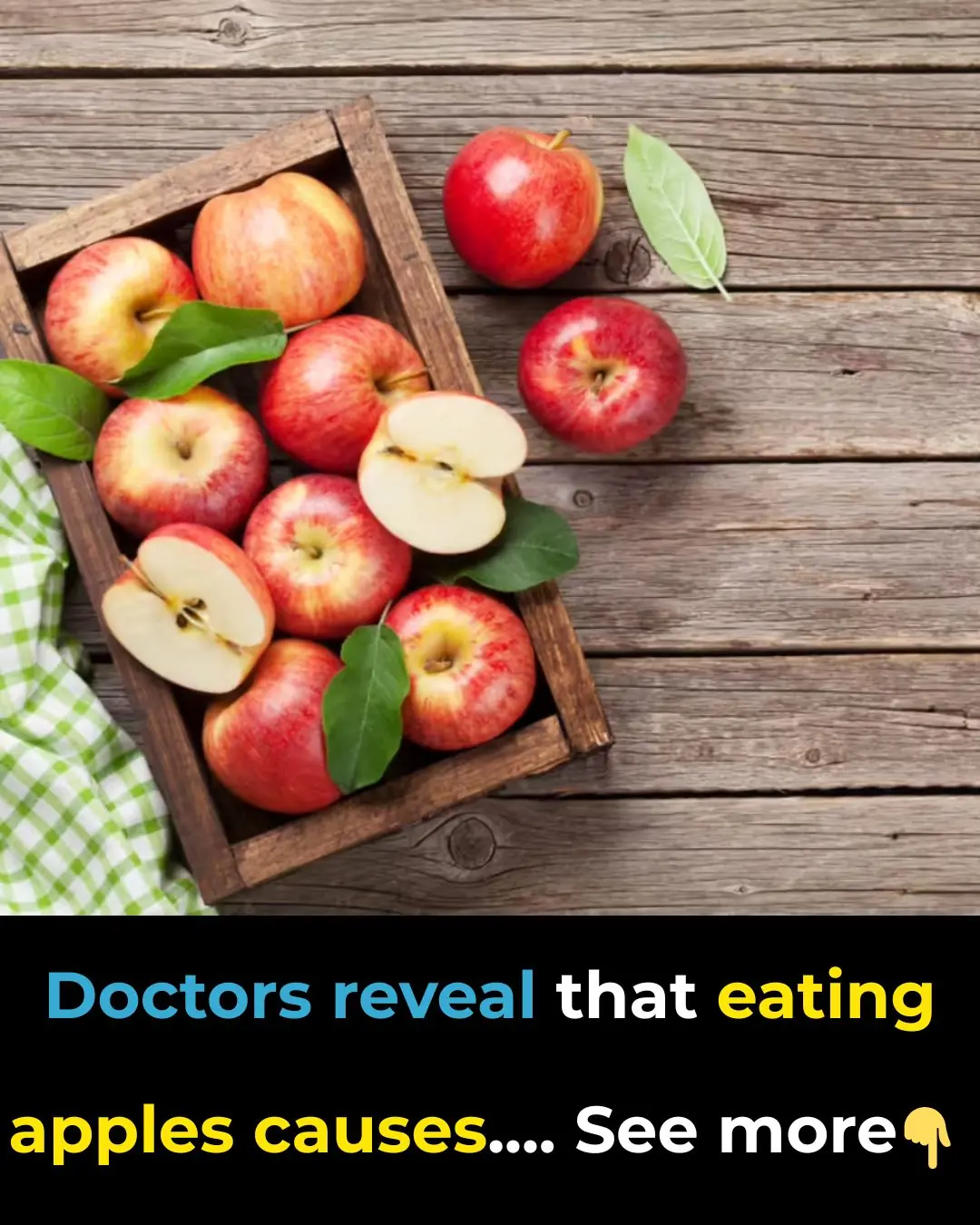
Doctors reveal that eating APPLES causes...
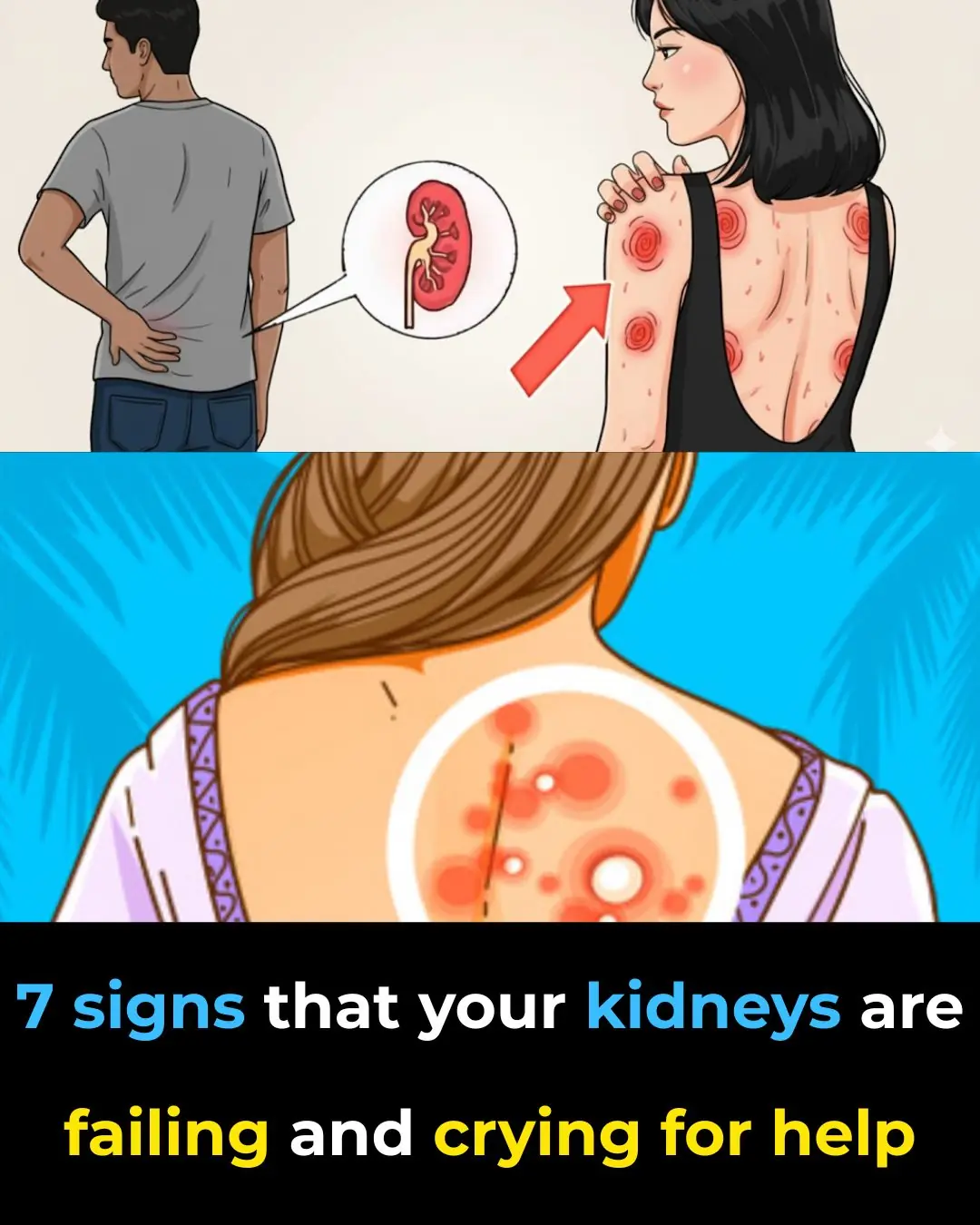
ALERT! 7 Early Signs Your Kidneys Are Crying for Help
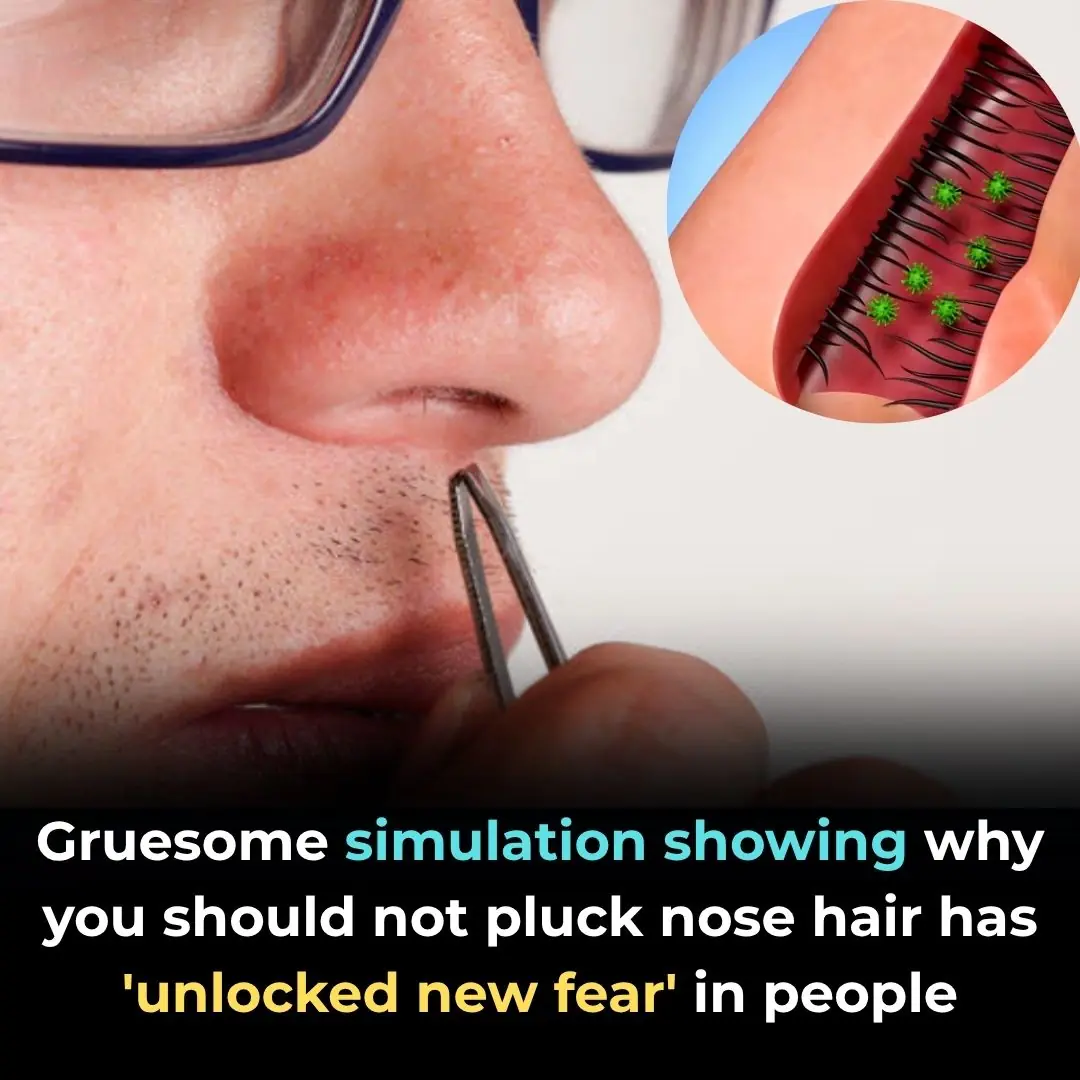
Why You Shouldn’t Pluck Your Nose Hairs
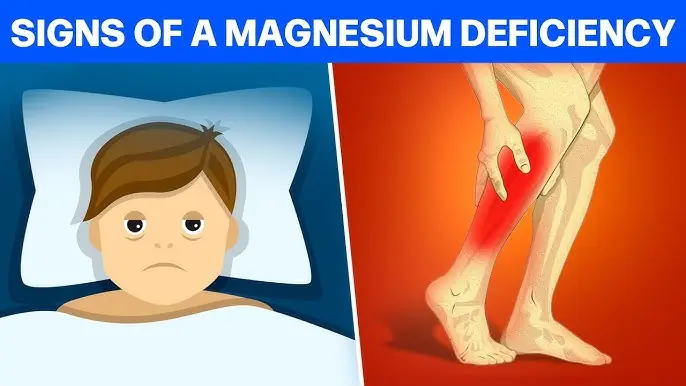
Top 15 Bizarre Signs of Magnesium Deficiency You Need to Know
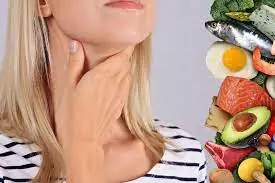
5 Foods That Can Damage Your Thyroid (Even Though They Look Healthy)
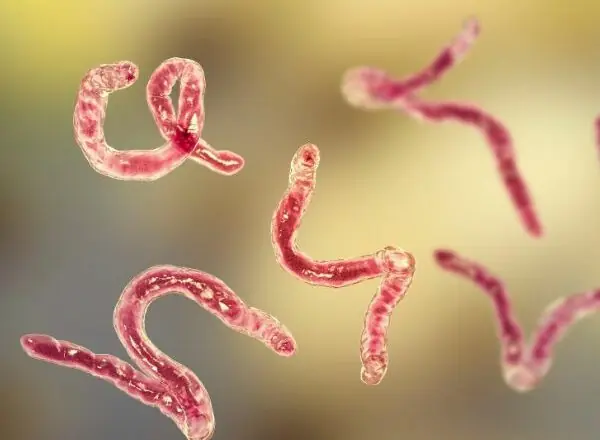
4 Powerful Remedies to Eliminate Parasites — #2 Will Surprise You!
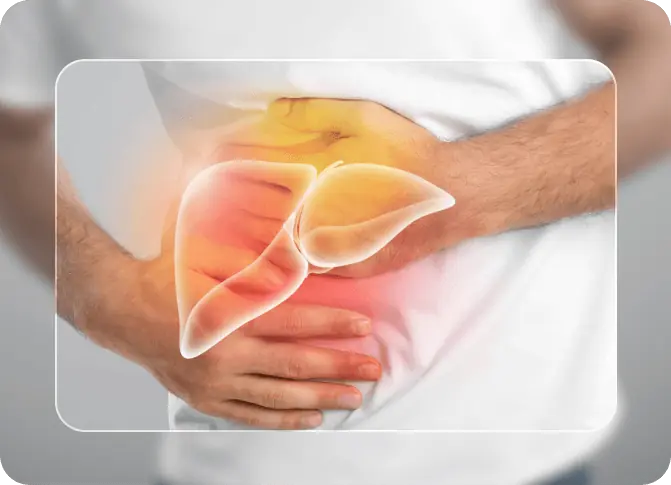
10 Early Warning Signs Your Liver Is in Trouble (Don’t Ignore #4!)
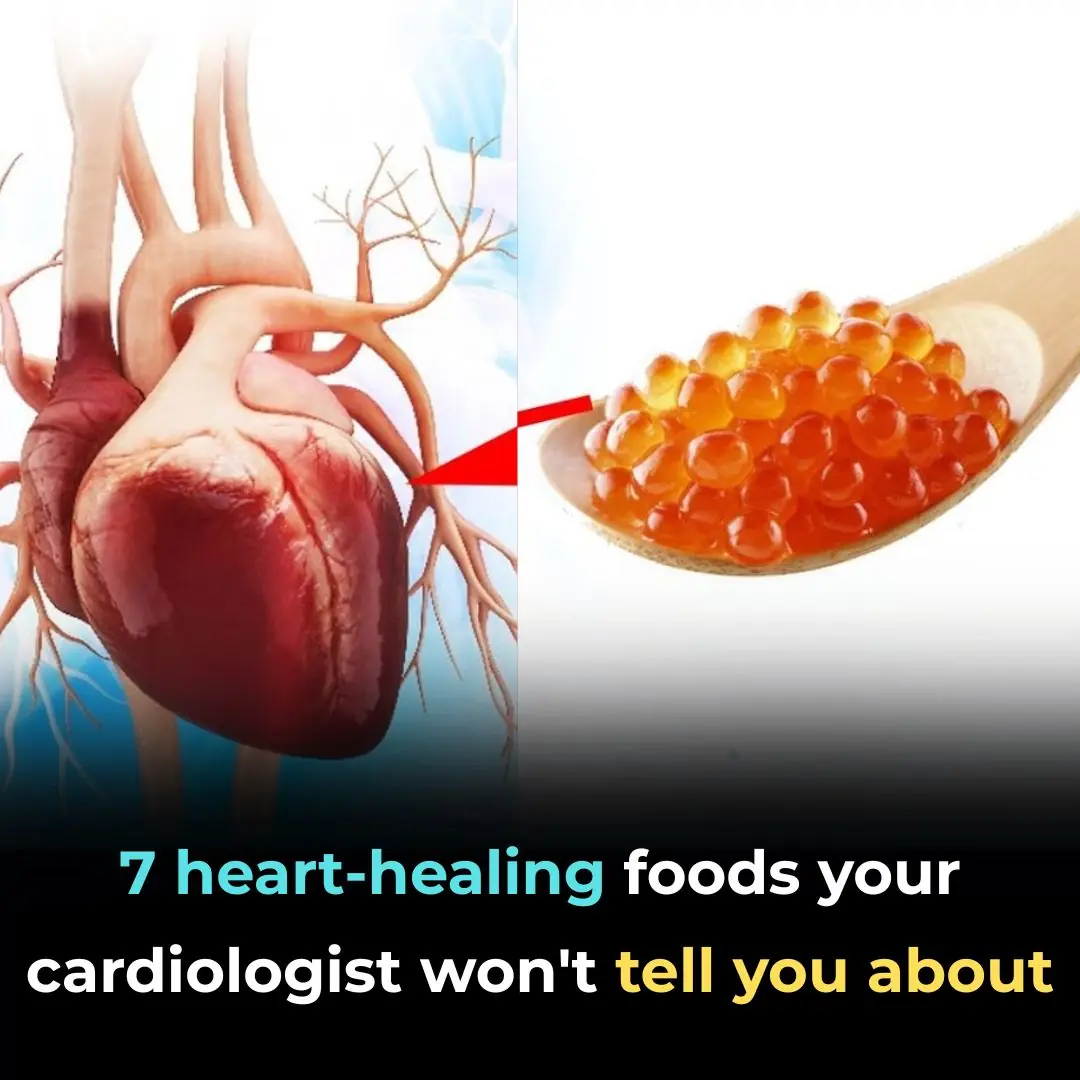
7 Heart-Healing Foods Your Cardiologist Won’t Tell You About

Say Goodbye to Joint and Bone Pain Naturally with This Ancient Herbal Remedy

Do you belong to these 4 types of people? You should know now.
News Post
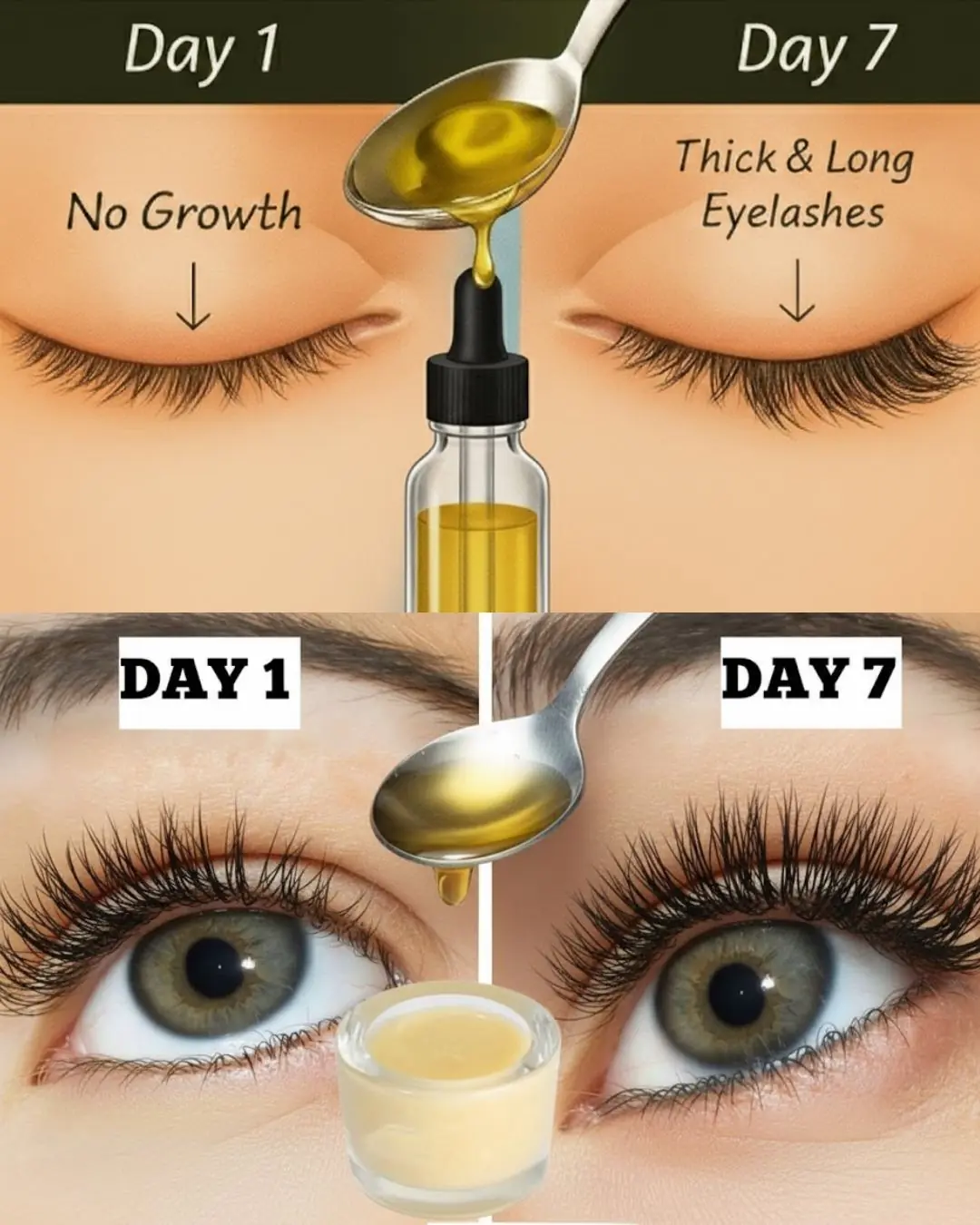
HOW I GREW MY EYELASHES IN JUST 7 DAYS — Naturally with Castor Oil
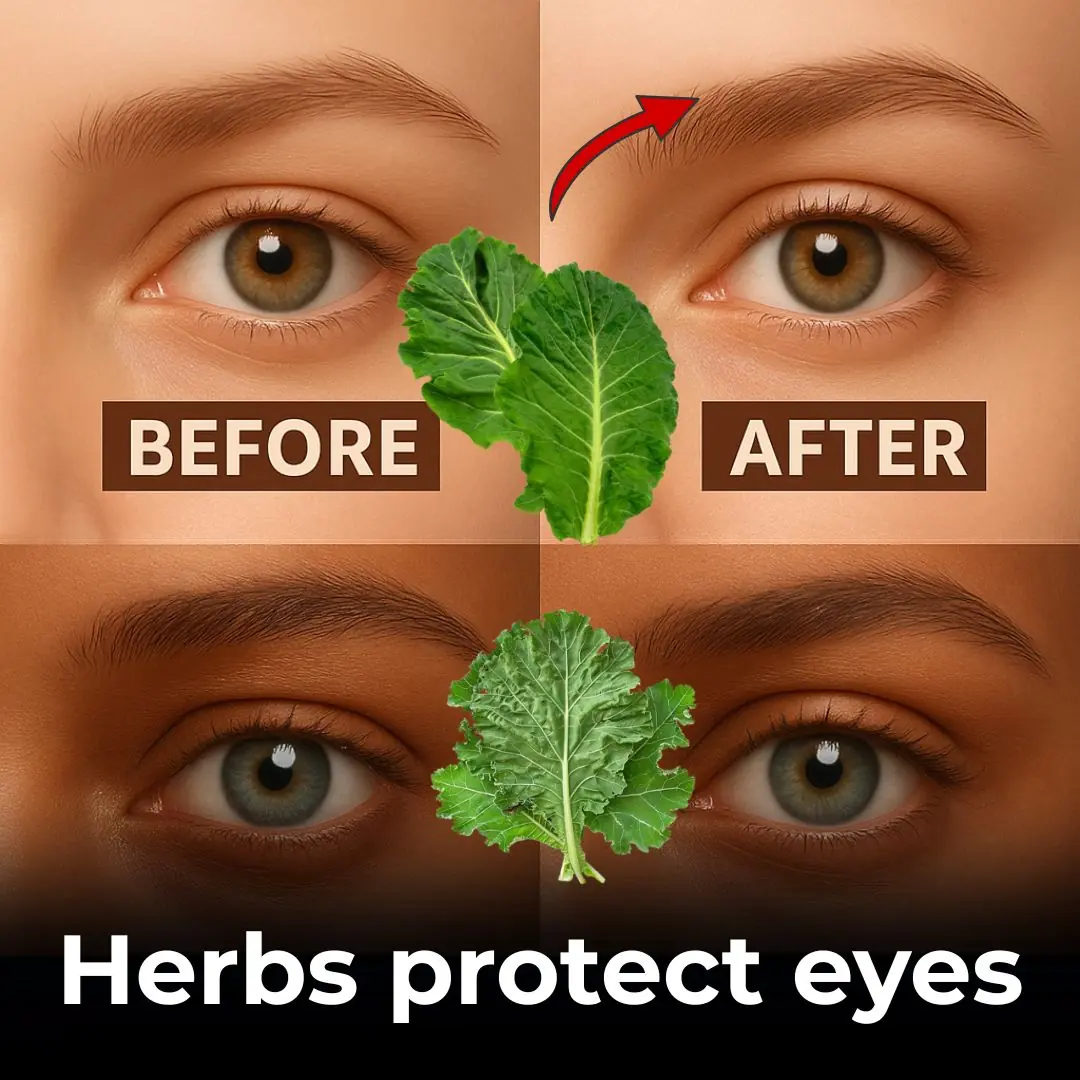
7 Essential Leaves to Naturally Improve Your Eye Health

Don’t Drink Coconut Water Before You Know These 11 Secrets!

White Clover (Trifolium repens): 15 Benefits and Homemade Uses
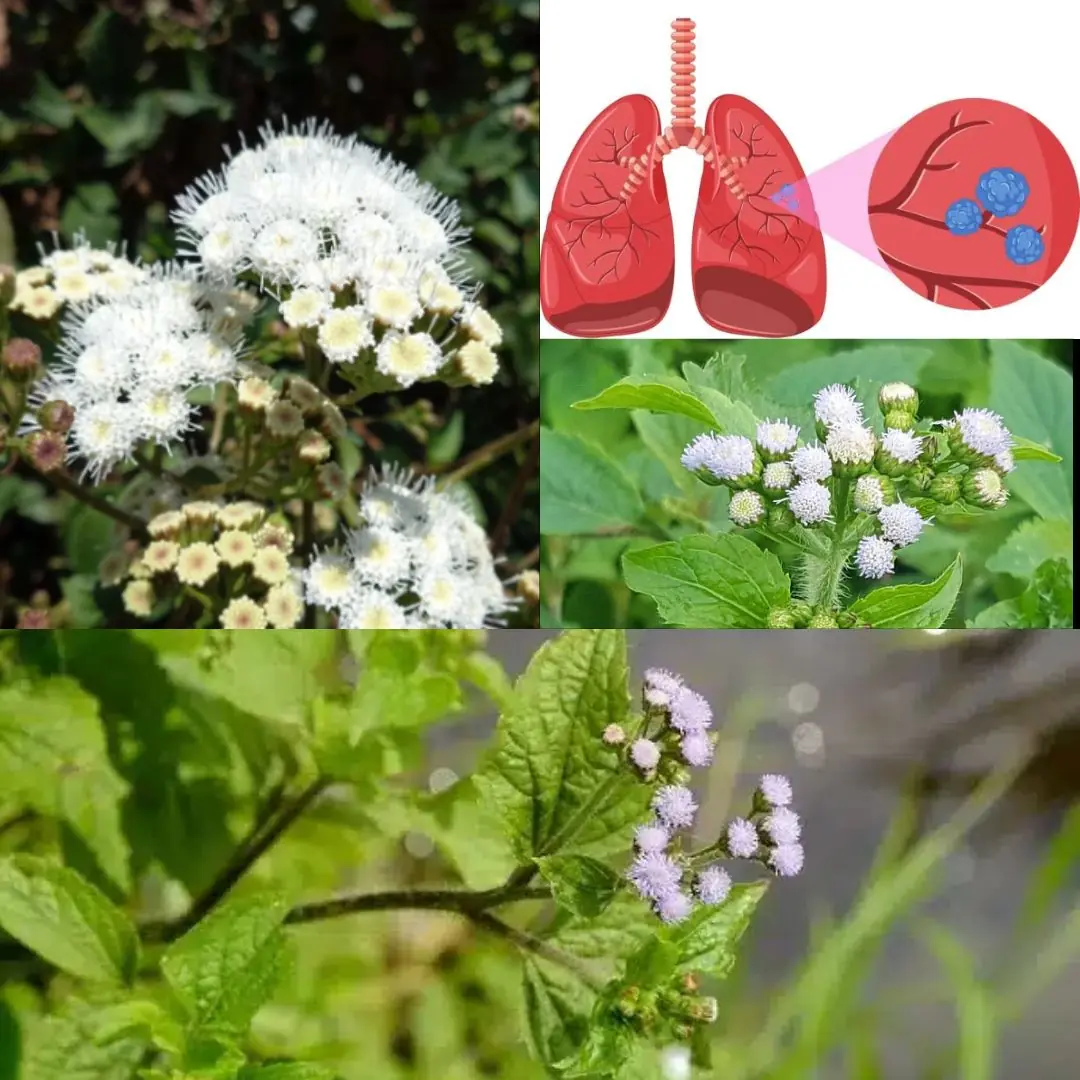
7 Benefits and Uses of Ageratum conyzoides
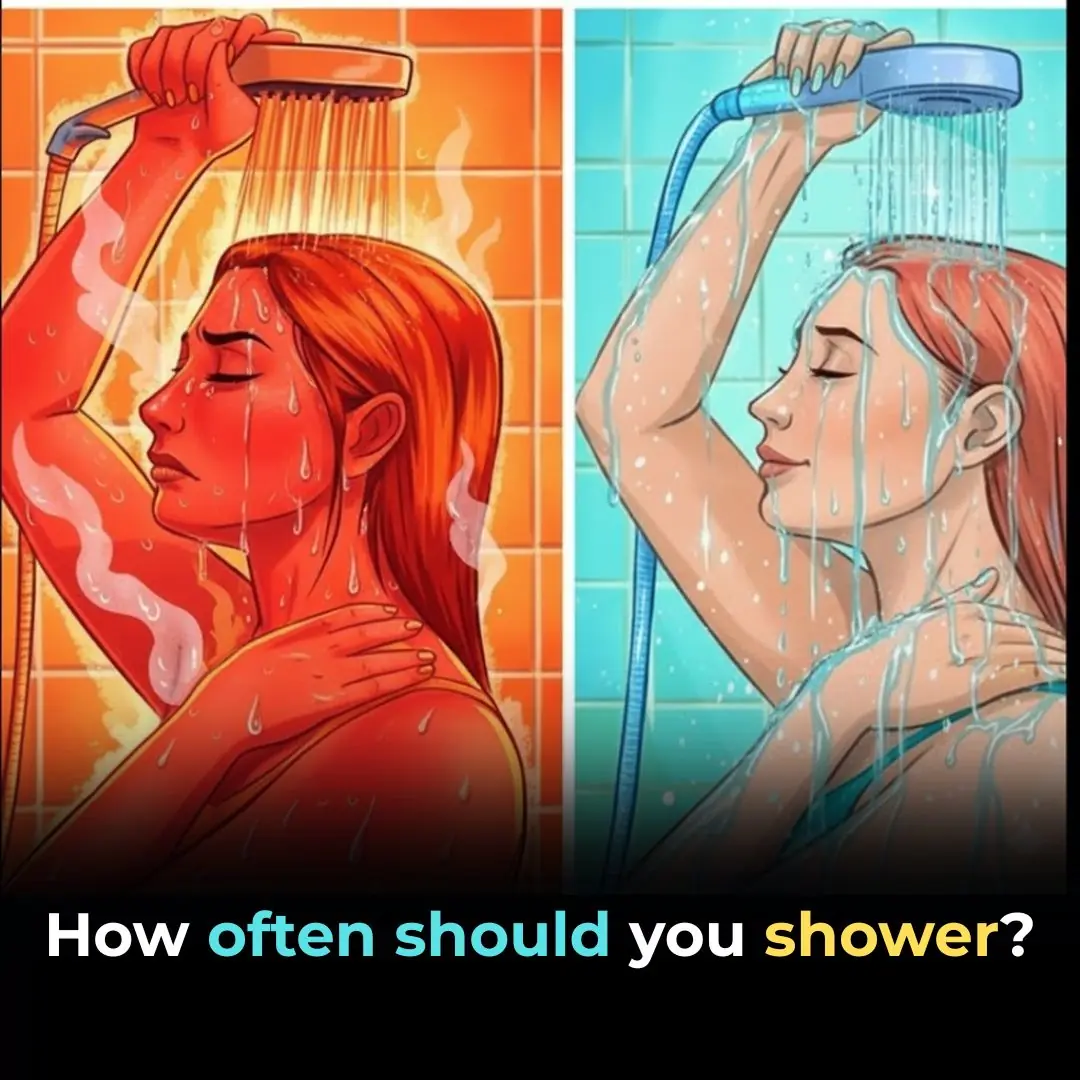
How often should you shower

Expert, 95 Years Old with 60 Years of Cancer Research Reveals: You Must Avoid These 4 Things So Cancer Doesn’t Come Knocking

Sharp Pain in Ear: Causes, Treatments and When to See a Doctor

Here’s the secret why everyone puts avocados on the fire!

Amazing vitamin can help stop cancer growth and this is how much you need
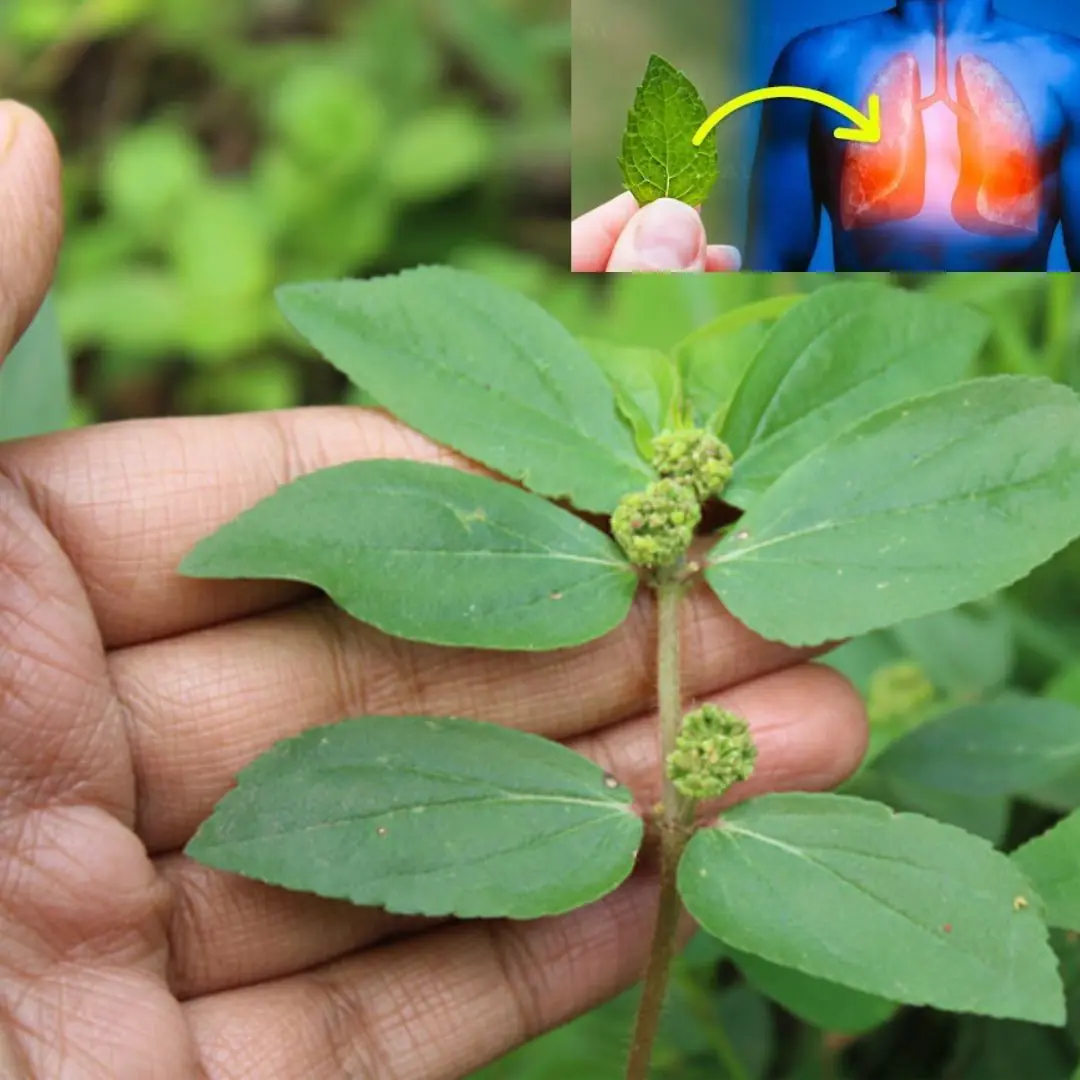
Euphorbia Hirta: 30 Benefits and How to Use It Safely

THE BEST HOME REMEDIES THAT END CONSTIPATION FAST AND NATURALLY

Lady places cup of vinegar into microwave. Here’s the genius reason why

Say Goodbye to Diabetes, Fatty Liver, and Joint Pain with This Powerful Remedy!

My nana taught me this hack to remove hard water stains in 2 mins with 0 work. Here’s how it works
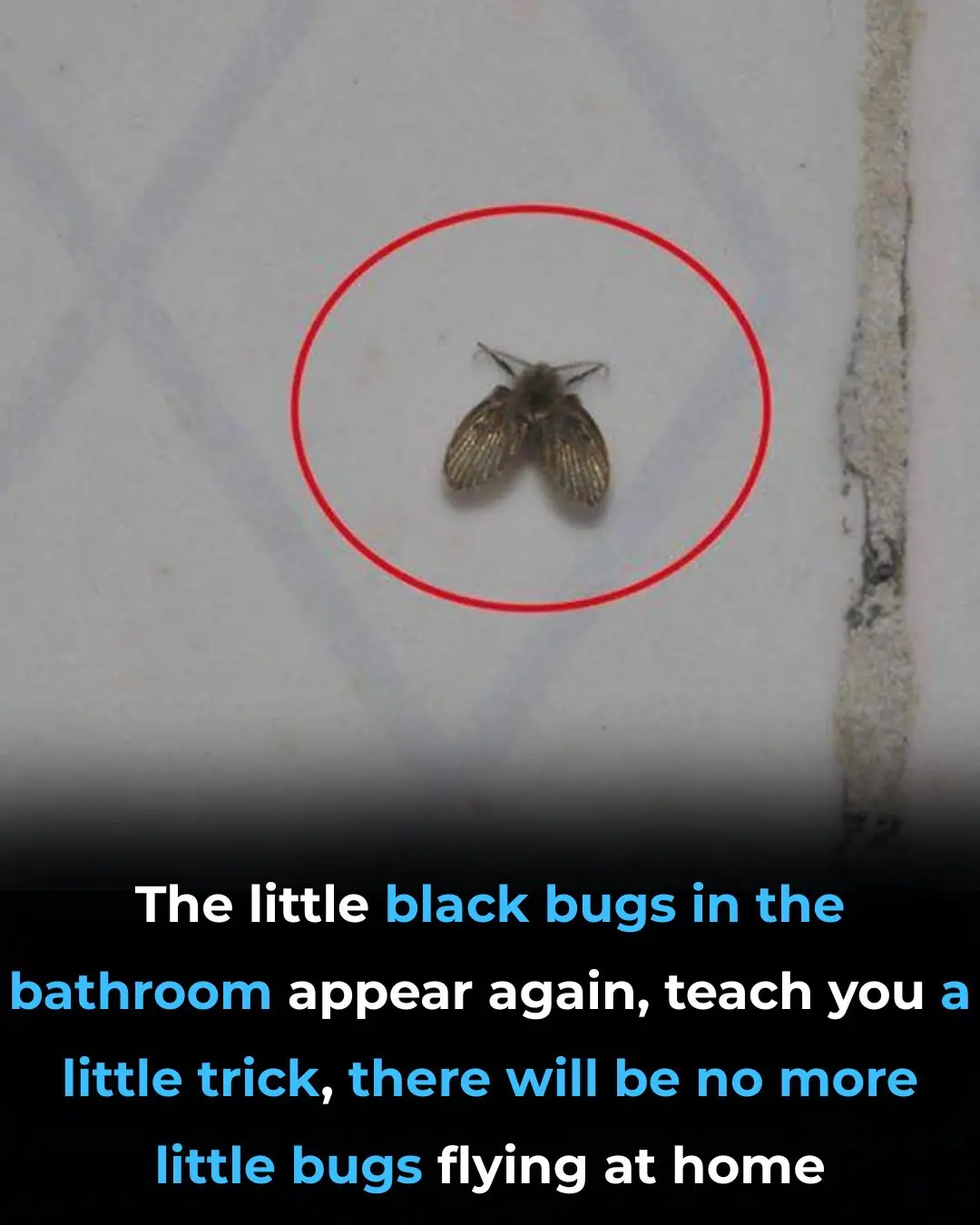
🕷️ Little Black Bugs in the Bathroom? Here’s What They Are & How to Get Rid of Them for Good
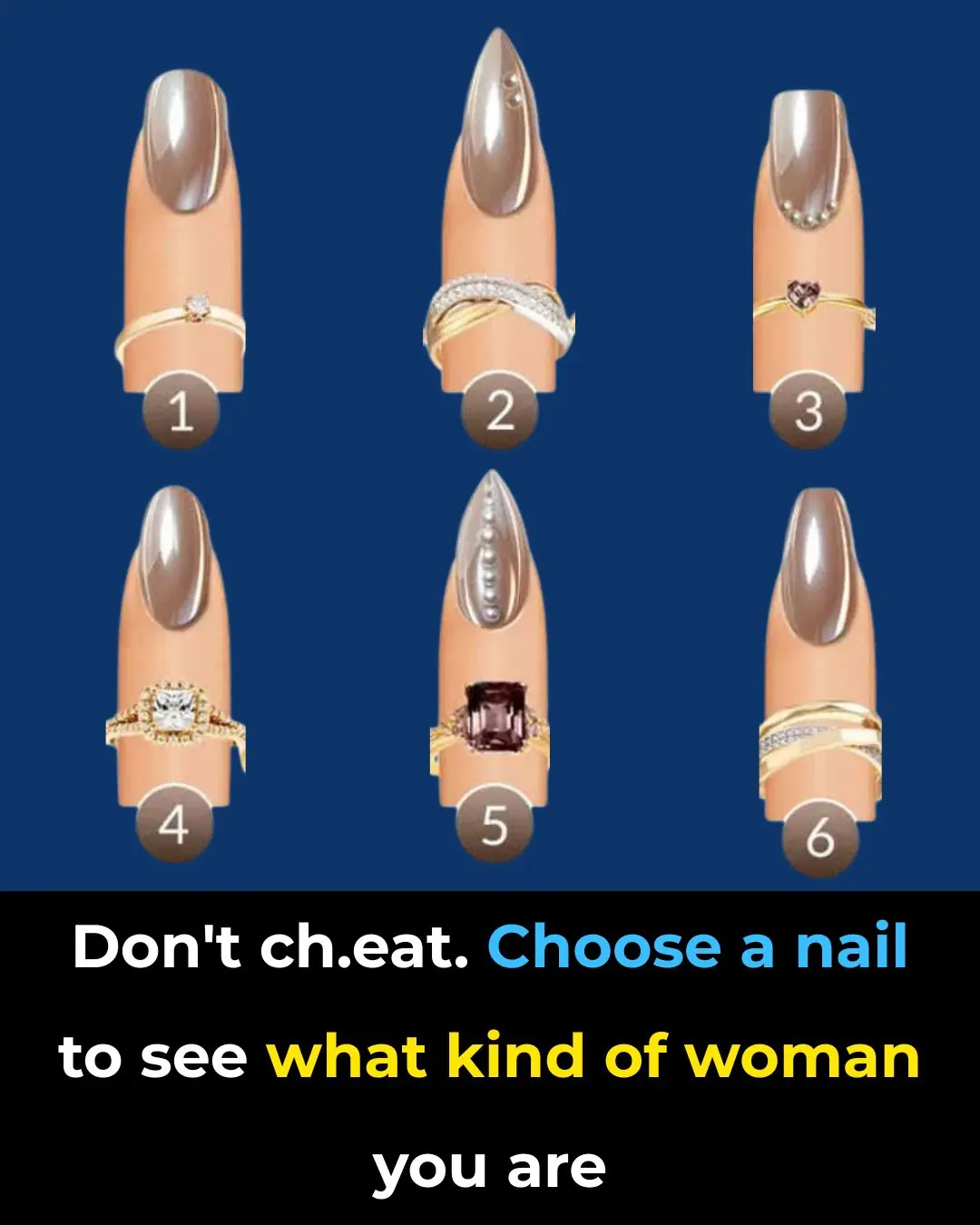
Choose a Nail to Discover What Kind of Woman You Are

Never Do These 15 Things for a Man (Even If You’re Madly in Love With Him)
